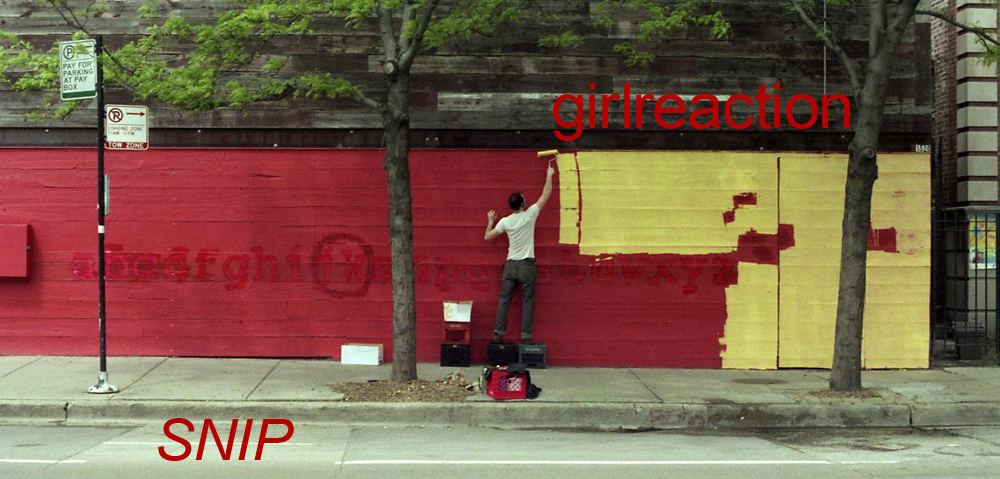The fourth in the sparkly vampire series, I really struggled to get through this one. Not that I didn’t finish it the same day I started, but that I found myself very annoyed with it early on and really pushed through only because I just HAD to know how it ended.
The first three I whipped through in a weekend and found them exhilarating and entertaining DESPITE the sloppy writing. So perhaps I had a harder time with this one because I wasn’t already on Bella’s emotional rollercoaster when I started. Whatever the reason, there were a number of things I just found too ludicrous here to really enjoy. But I sort of wondered going in if that would be the case.
As an adult, I can see all the weaknesses. As a teenager, I’m sure I would have [purposely] completely overlooked them and been swept right along.
